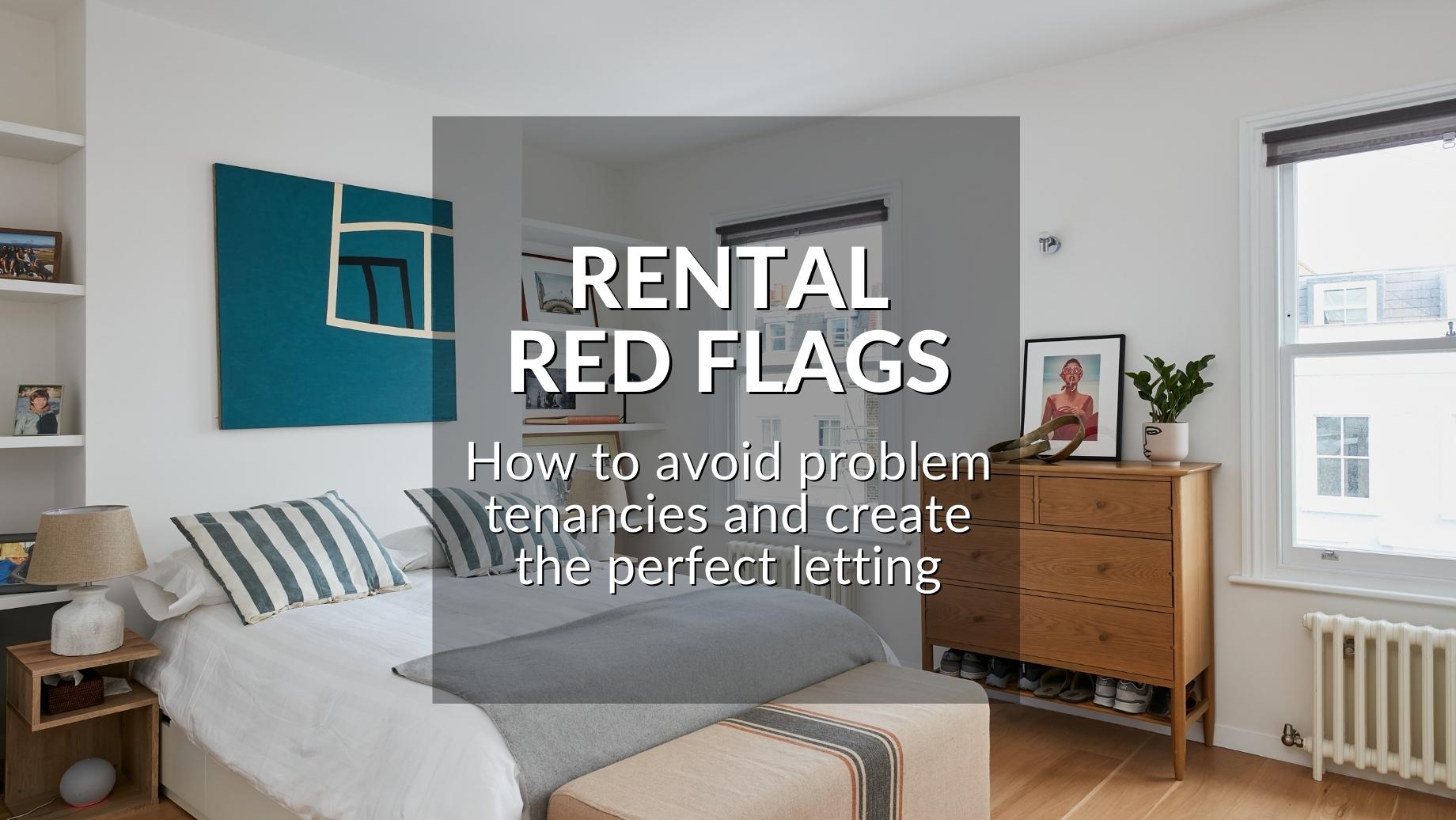RUN A COMPATIBILITY CHECK FIRST
The first step in creating the perfect letting is to minimise wasted viewings by checking that your property and whoever is enquiring about it are the right fit for each other.
Some of the factfinding we undertake before booking a viewing includes asking potential tenants about:
- what they need in terms of space, rooms, garden, location, parking, and transport;
- their household setup (couples, singles, families, sharers) to be sure your property fits the bill;
- whether they have any children or pets (look at our previous blog for top tips on this);
- why they are moving, how long they plan to rent for, and whether they have a longer-term plan;
- where they work and who they work for (some employers have notoriously high staff turnover, while others have an excellent reputation for stability).
You might feel uncomfortable asking so many questions, or pushing further if an answer is vague, but we speak from experience when we say it removes so many unnecessary appointments. In fact, the best tenants love having their time and property search taken so seriously.
INSIST ON FACE-TO-FACE VIEWINGS
Never rent your property to someone you haven't met.
Regardless of anyone’s urgent timescale, and even if they’re moving from abroad, a face-to-face viewing is a priceless insight into someone's character and whether they actually like your property. Video viewings can be a useful first step for someone who can’t get there in person just yet, but don’t take your property off the market until you’ve personally shown them around.
Here are some things to look out for on viewings:
- Do potential tenants offer to take their shoes off and ask before opening cupboards, particularly if your property is currently occupied?
- If you have family viewers, do they let their children run riot or manage them well?
- If someone gets delayed, do they let you know in advance, after they’re late, or only when you call them?
Finally, listen to your sixth sense. After carrying out thousands of viewings, we know how to spot the really good tenants. If we have any doubts, we keep looking until we find the perfect match.
DON’T SKIMP ON THE REFERENCING
Once you've found a tenant you're happy with, don't ignore the referencing process. No matter how great you feel about someone, it's not the same as actually knowing that they can afford to rent your property and are financially stable.
Here's our checklist of the references we take up and what we look for to identify the very best tenants.
- Landlord references are even more valuable if you can follow them up on the phone – an okay reference, rather than a glowing one, may hide a deeper story.
- Employer's references (or accounts for self-employed people) are essential to check income and work status.
- Bank statements not only confirm salaries; they also reveal spending habits and financial management. This helps you gauge whether renting your property will be comfortable for a tenant or push them to their limit.
- Credit checks can deliver the odd surprise. Some tenants are genuinely unaware they have a CCJ (County Court Judgement), usually because they forgot to inform everyone when they moved. CCJs are often for small amounts related to phone bills or online shopping accounts, but they can give you an idea of someone's financial awareness.
Just as you'd do your research when choosing a letting agent, thorough referencing for every tenant is time and money well spent.
PREPARE A DETAILED INVENTORY
A detailed inventory signed by the landlord and tenant is not only your protection in the event of a dispute, it also shows respect for your tenants by giving them an accurate record of your property’s condition when they move in.
- prepare the inventory for signing at check-in, or put a condition in the tenancy agreement that your tenants have 7 days to question anything before the inventory is deemed as accepted;
- include EVERYTHING at your property, from the condition of kitchen and bathroom fittings to the state of the décor and right down to power sockets, light switches and doorknobs;
- take supporting photographs or videos for absolute clarity;
- use a third party like a letting agent or inventory clerk as impartial inventories carry more weight in the event of a dispute.
Remember: it's a landlord's responsibility to prove any fault on the part of the tenants. Without clear before-and-after evidence you're likely to lose any dispute, so an inventory is a must-have for every tenancy.
INSPECT YOUR PROPERTY REGULARLY
Writing into your tenancy agreement that you’ll be carrying out mid-tenancy inspections shows that you’re serious about your property being looked after and allows you or your agent to see that all is going well.
Things to consider around mid-tenancy inspections include:
- an inspection in the first month with your tenants present to discuss any teething issues and uncertainties around how things work;
carrying out future inspections at least once every six months (if your tenants are out, an inspection generally only takes between 15 and 30 minutes); - checking for water stains, mildew, limescale and broken hinges and handles, along with testing smoke alarms and looking inside any appliances you supply.





